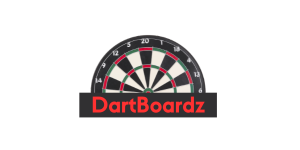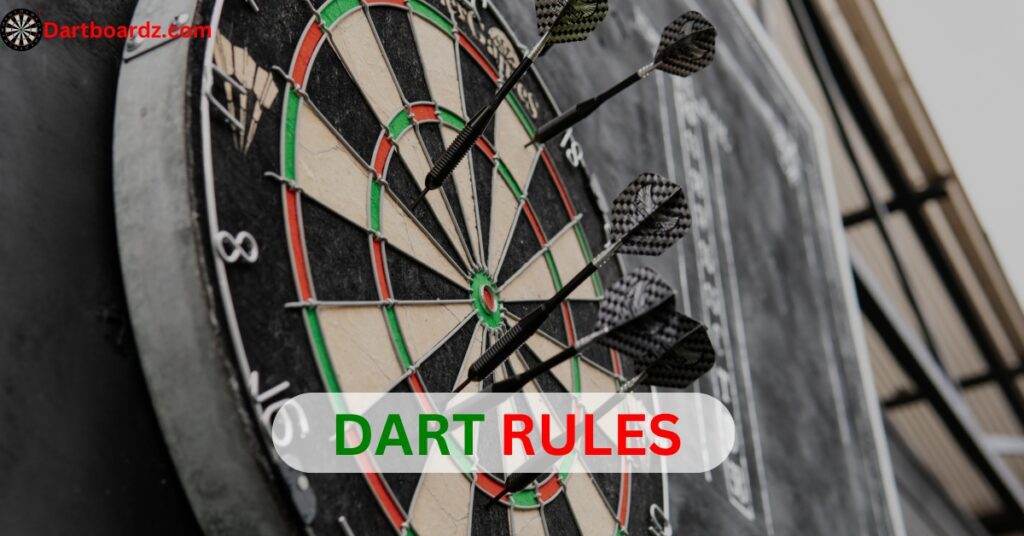Welcome to the world of darts, where precision, strategy, and skill converge on the board. In this comprehensive guide, we’ll explore the intricacies of darts rules and strategies, empowering you to conquer the board with confidence.
Whether you’re a novice seeking to understand the basics or a seasoned player aiming to refine your technique, this guide has you covered.
Understanding the Basics of Darts rules
At its core, darts is a game of accuracy and strategy played on a board divided into numbered segments. Players take turns throwing darts at the board, aiming to score points by hitting specific targets.The standard game involves reducing a starting score to zero by subtracting points with each successful throw.
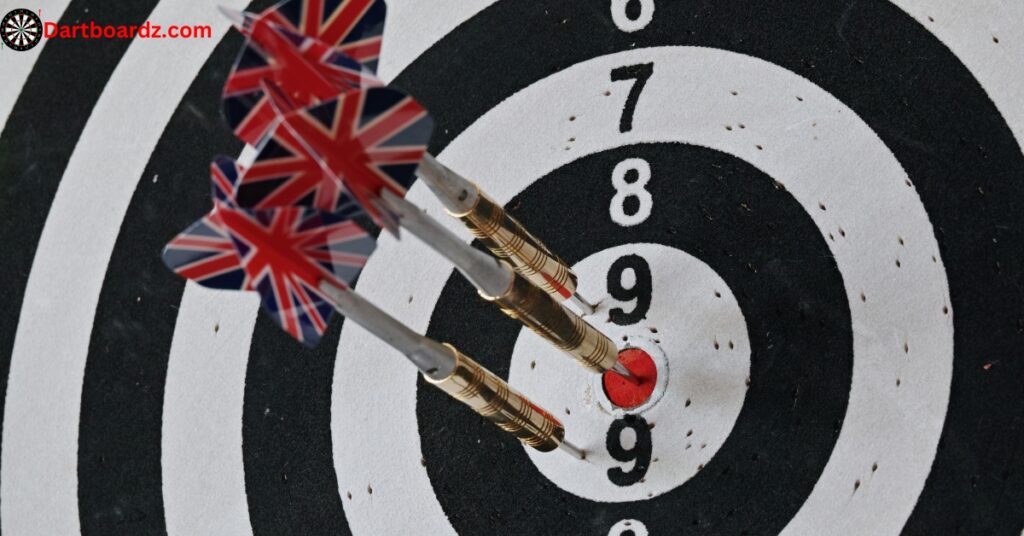
Key Rules to Remember
Starting and Finishing:
A game typically begins with players aiming to hit specific numbers to start scoring. The game ends when a player reaches zero by hitting a double or the bullseye.
Scoring:
Different segments of the dartboard carry varying point values, with the outer ring (double) and inner ring (triple) offering higher scores. Hits outside these areas yield single points.
Bust:
If a player’s score would go below zero after a throw, they ‘bust,’ and their turn ends with no score for that round.
Finishing:
To win, a player must reach exactly zero with a double or the bullseye. Failure to do so results in the score being reset to the value before the attempted throw.
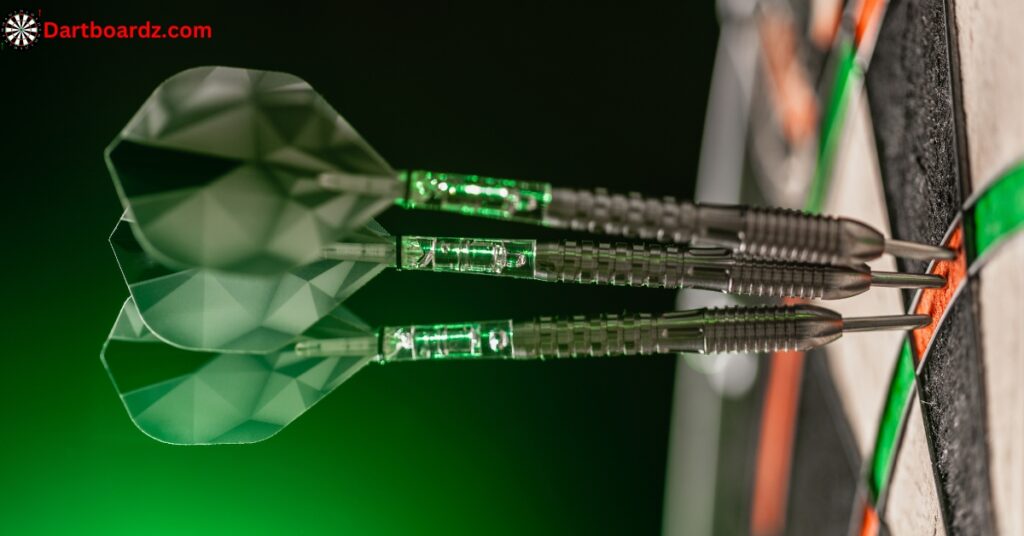
Advanced Strategies
While mastering the rules is essential, true proficiency in darts requires the development of advanced strategies. Here are some tips to elevate your game:
Accuracy Training:
Consistent practice is crucial for improving aim and developing muscle memory. Focus on hitting specific targets and refining your throwing technique.
Checkouts:
Knowing the most efficient ways to finish a game can give you a competitive advantage. Study common checkouts and practice them regularly to improve your finishing ability.
Mental Toughness:
Darts is as much a mental game as it is physical. Learn to stay focused, maintain composure under pressure, and visualize success before each throw.
Adaptability:
Be prepared to adjust your strategy based on the game situation and your opponent’s playing style. Flexibility and strategic thinking are essential for success on the board.
Historical Context
Darts traces its origins back to the 19th century in England, where it was initially played in pubs and taverns as a recreational pastime. Over the years, the game evolved, gaining popularity and formalized rules. Today, darts is enjoyed by millions worldwide, with professional tournaments showcasing the highest levels of skill and competition.
Variations of the Game
While the standard game of darts involves reducing a score from a starting point to zero, there are numerous variations that add complexity and excitement to the game. Some popular variations include:
501:
Players start with a score of 501 and aim to reach zero while subtracting points with each throw.
Cricket:
A strategic game where players aim to ‘close out’ specific numbers on the board while preventing their opponents from doing the same.
Around the Clock:
Players take turns hitting each number on the board in sequential order, starting from 1 and ending with the bullseye.
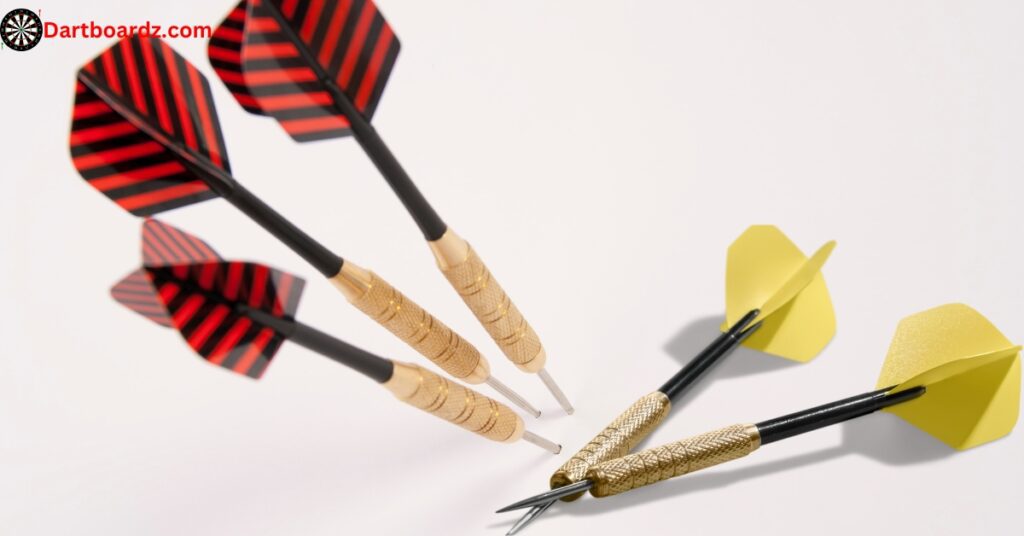
Tips for Beginners:
If you’re new to darts, getting started can feel daunting. Here are some tips to help you embark on your darts journey:
Choose the Right Equipment: Invest in a quality dartboard and a set of darts that feel comfortable in your hand.
Practice Regularly: Consistent practice is key to improving your skills and building confidence on the board.
Focus on Fundamentals: Start with the basics, such as grip, stance, and aiming technique, before progressing to more advanced strategies.
Have Fun: Ultimately, darts is a game meant to be enjoyed. Embrace the learning process, celebrate your progress, and have fun competing with friends and fellow players.
Conclusion
As you embark on your journey to master darts, remember that success comes not only from skill but also from dedication, perseverance, and a passion for the game. By understanding the rules, honing your technique, and embracing the spirit of competition, you can conquer the board and achieve greatness in the world of darts.
Whether you’re aiming for the bullseye or strategizing for victory, darts offers endless opportunities for excitement, camaraderie, and personal growth. So, pick up your darts, immerse yourself in the rich tradition of the game, and let the journey begin.
With determination and practice, you can become a true master of the game, inspiring awe with your precision and prowess on the board. So, step up to the oche, take aim, and let your darts fly true. The board awaits your conquest!
This comprehensive guide is your roadmap to success in the captivating world of darts. From understanding the rules to mastering advanced strategies, you now have the knowledge and tools to elevate your game to new heights.
So, embrace the challenge, unleash your potential, and embark on your quest to become a darts champion.
FAQs:
What is the standard starting score in a game of darts?
The standard starting score in most games of darts is 501 or 301, depending on the specific rules being followed. Players aim to reduce this score to zero by hitting specific targets on the dartboard.
How do you determine who goes first in a game of darts?
In many casual settings, players often determine who goes first by a simple coin toss or by throwing darts closest to the bullseye. In formal competitions, a predetermined method, such as a bullseye shoot-off or a draw, may be used.
What happens if a player’s dart falls out of the dartboard during a throw?
If a dart falls out of the dartboard before the player retrieves it, it is considered a null throw, and no points are scored. However, if the dart falls out after sticking in the board and the player retrieves it before the next throw, any points scored still count.
Can you exceed the winning score in darts?
No, in most variations of darts, including the standard game of 501, players must reach exactly zero to win the game. If a player’s score goes below zero during their turn, they bust, and their score resets to the value before their attempted throw.
Are there any specific rules for professional darts tournaments?
Yes, professional darts tournaments adhere to strict regulations set by governing bodies such as the Professional Darts Corporation (PDC) or the British Darts Organisation (BDO). These rules cover various aspects of the game, including scoring, player conduct, equipment standards, and tournament format.
